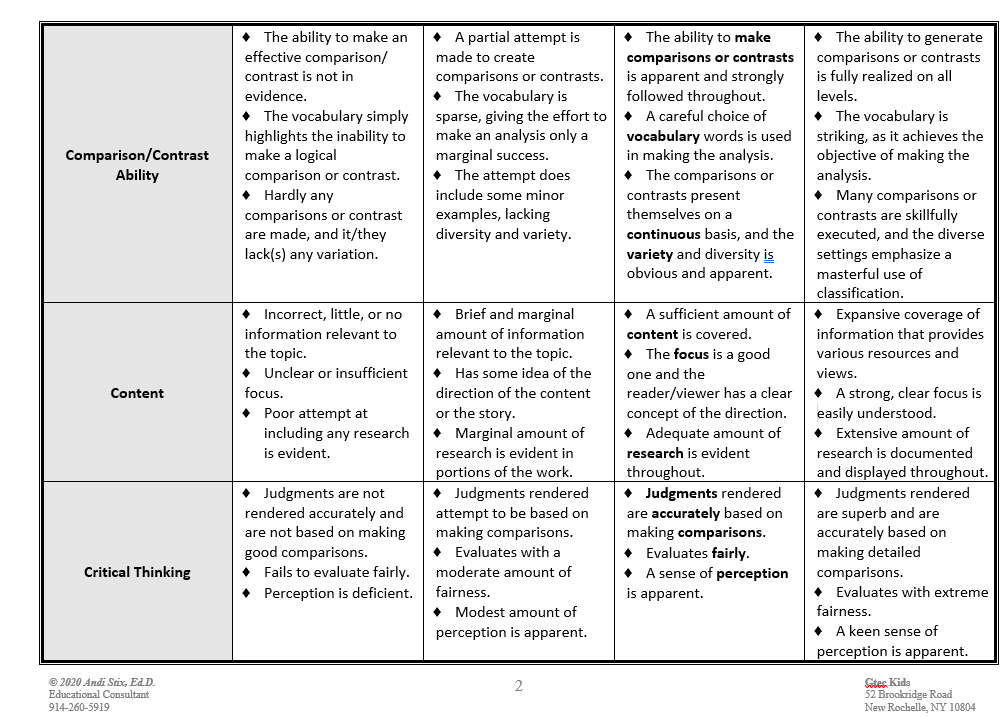COACHing Questions for Cooperative Group Work
For a complete guide to coaching, please see Teachers as Classroom Coaches by Andi Stix, Ed.D. and Frank Hrbek, published by ASCD..The objective of a teacher as coach is to elicit responses that reflect how well cooperative groups or a student is progressing. The questions should be open-ended, probing for as much detail and description as possible. This strategy...
Read More












